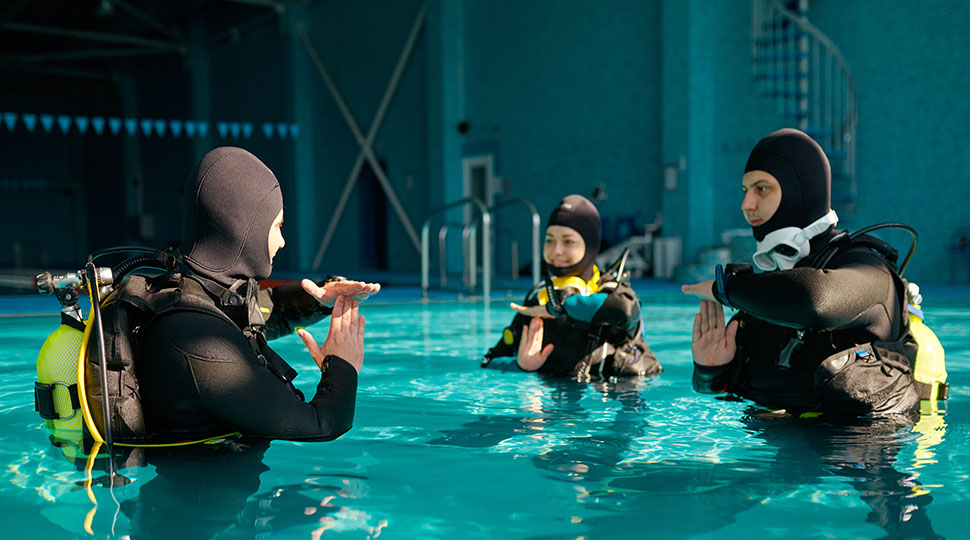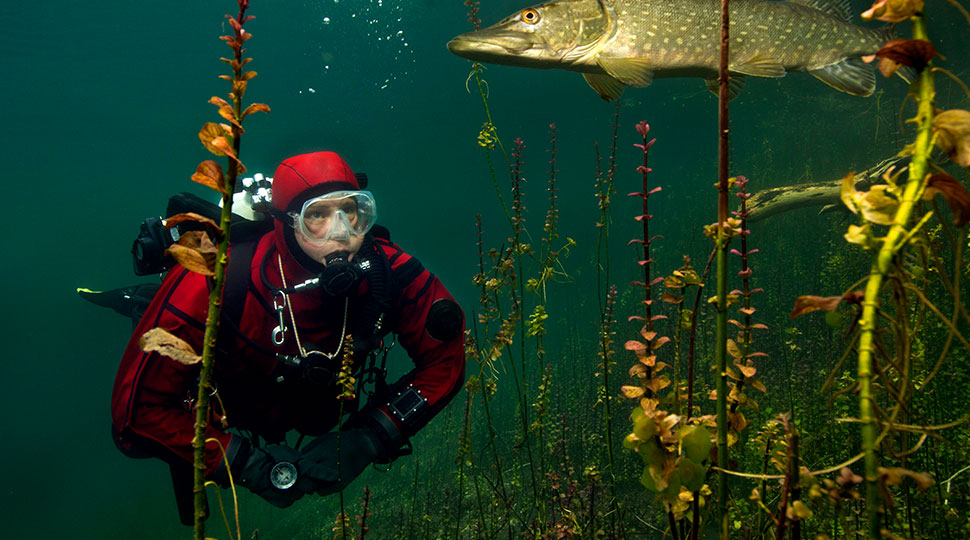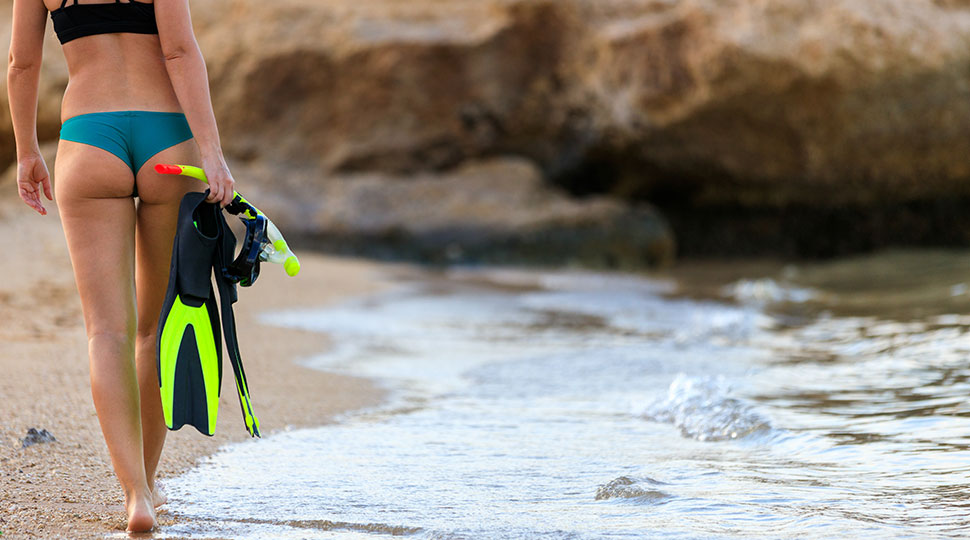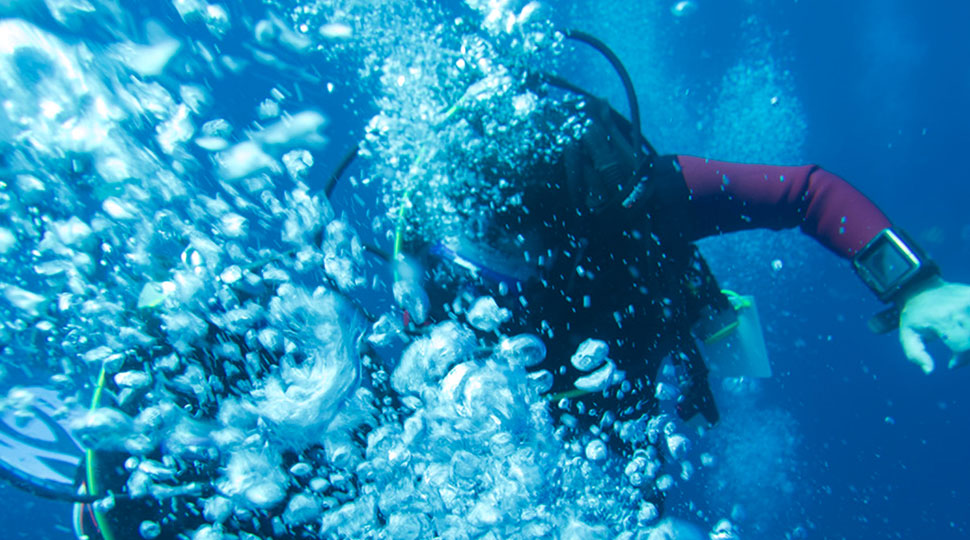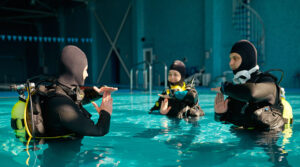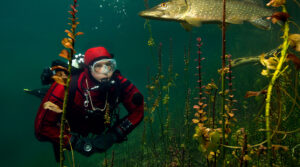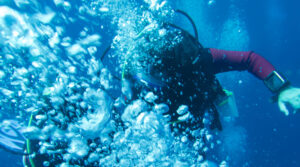Scuba divers and ocean conservation go hand in hand, as many divers not only explore the underwater world with passion but also dedicate themselves to protecting it, leveraging their unique perspective on the impact of human activities on marine ecosystems to make a positive difference.
Ocean conservation is a pressing global issue, with the health of our planet’s marine ecosystems facing numerous threats, including pollution, overfishing, and climate change. As the ocean covers over 70% of the Earth’s surface, its conservation is crucial for the well-being of our planet and all its inhabitants. Scuba divers, with their unique ability to explore and interact with the underwater world, are playing a vital role in ocean conservation efforts.
By participating in beach cleanups, citizen science projects, and marine conservation initiatives, scuba divers are making a tangible impact on the health of our oceans.
This article will explore the various ways scuba divers are contributing to ocean conservation and highlight opportunities for readers to get involved and make a difference.
Beach Cleanups: A Scuba Diver's Passion Project
Beach cleanups are community-driven initiatives that bring people together to clean up and remove litter, debris, and other pollutants from beaches and coastal areas. These events are crucial in protecting the marine ecosystem, wildlife, and the overall environment. By removing trash and plastic waste, beach cleanups play a vital role in mitigating the impacts of pollution on our oceans and marine life.
Beach cleanups are organized events that typically involve volunteers gathering at a designated beach or coastal area to collect and remove litter and debris. These events can be led by various organizations, including scuba diving clubs, conservation groups, and local community organizations. The frequency and scale of beach cleanups vary, with some events being one-time occurrences and others being regular, ongoing initiatives.
The impact of beach cleanups on reducing marine debris cannot be overstated. According to the International Coastal Cleanup, a single beach cleanup event can collect tens of thousands of pounds of trash and debris. This not only helps to beautify the beach but also prevents marine life from ingesting or getting entangled in the debris. Moreover, beach cleanups raise awareness about the importance of proper waste disposal and the need to reduce plastic use.
Scuba diving organizations and clubs are increasingly involved in beach cleanup initiatives. For example, the Dive Against Debris program, led by the Project AWARE Foundation, is a global initiative that encourages scuba divers to participate in beach cleanups and report on the debris they collect. This program not only helps to remove trash from beaches but also provides valuable data on the types and quantities of debris found, which can inform policy and advocacy efforts.
Another example of a successful beach cleanup initiative led by a scuba diving organization is the annual Beach Cleanup event organized by the Scuba Diving Association (SDA) in collaboration with local conservation groups. This event brings together hundreds of scuba divers and volunteers to clean up beaches and coastal areas, collecting thousands of pounds of trash and debris in the process.
Beach cleanups can take place in various locations, including tourist destinations, marine protected areas, remote and island beaches, and river mouths and estuaries. Each of these locations presents unique challenges and opportunities for beach cleanup initiatives. For instance, tourist destinations may require more frequent cleanups due to the high volume of visitors, while marine protected areas may require specialized cleanup efforts to minimize human impact on fragile ecosystems.
Despite their importance and value, beach cleanups are not without their limitations and challenges. Coordinating cleanup efforts, transporting volunteers, and managing waste disposal can be complex and costly. Moreover, beach cleanups often rely on volunteers, whose availability and commitment can vary, leading to fluctuations in the frequency and effectiveness of cleanups. Additionally, cleaning up beaches can expose volunteers to potential health and safety risks.
Scuba divers are also getting creative with their beach cleanup efforts. Some groups are using specialized equipment, such as underwater cameras and remote-operated vehicles, to collect debris that is difficult or impossible for humans to reach. Others are partnering with local businesses and organizations to raise awareness about the importance of ocean conservation and promote sustainable practices.
Citizen Science Projects
Citizen science projects are collaborative efforts between scientists, researchers, and the general public to advance our understanding of the natural world. These projects enable individuals to contribute to scientific research and discovery, often in their local communities. In the context of ocean conservation, citizen science projects play a vital role in monitoring water quality, tracking marine life populations, and addressing other pressing environmental issues.
Citizen science projects can take many forms, from data collection and monitoring to analysis and reporting. These projects often rely on volunteers to collect data, which is then used by researchers to inform conservation efforts. By participating in citizen science projects, individuals can make a tangible impact on our understanding of the ocean and its ecosystems.
In the United States, the federal government has recognized the importance of citizen science projects through the creation of CitizenScience.gov, a platform that connects citizens with federal agencies and researchers working on various projects. This platform provides opportunities for individuals to participate in citizen science projects, including those related to ocean conservation.
Scuba diving-related citizen science projects are particularly valuable in advancing our understanding of marine ecosystems. For example, the Reef Environmental Education Foundation (REEF) offers a citizen science project that enables scuba divers to monitor marine life populations and contribute to our understanding of ocean health. Similarly, the Ocean Conservancy’s Trash Free Seas program relies on citizen scientists to collect data on marine debris and inform policy efforts to reduce plastic pollution.
Other examples of citizen science projects related to ocean conservation include monitoring water quality, tracking marine species migrations, and analyzing ocean acidification. These projects not only advance our understanding of the ocean but also provide opportunities for individuals to engage with the scientific community and contribute to meaningful research.
In addition to these projects, online platforms such as SciStarter and Zooniverse provide opportunities for individuals to participate in citizen science projects from the comfort of their own homes. These platforms offer a range of projects, from classifying marine species to analyzing oceanographic data, that can be completed online.
By participating in citizen science projects, scuba divers and non-divers alike can make a meaningful contribution to ocean conservation. These projects not only advance our understanding of the ocean but also provide opportunities for individuals to engage with the scientific community and contribute to meaningful research.
Marine Conservation Efforts
Marine conservation efforts encompass a wide range of initiatives aimed at protecting and preserving marine ecosystems, species, and habitats. These efforts can include habitat restoration, species protection, research initiatives, and more. Scuba divers are increasingly involved in these efforts, leveraging their skills and passion for the ocean to make a tangible impact on marine conservation.
Habitat restoration is a critical component of marine conservation efforts. Coral reef restoration, for example, is a complex and labor-intensive process that requires careful planning, execution, and monitoring. Scuba divers can participate in coral reef restoration projects, helping to transplant coral fragments, monitor reef health, and remove invasive species. Organizations such as the Reef Environmental Education Foundation (REEF) offer opportunities for scuba divers to participate in coral reef restoration projects around the world.
Species protection is another key aspect of marine conservation efforts. Scuba divers can participate in research initiatives focused on tracking and protecting endangered species, such as sea turtles, sharks, and rays. For example, the Ocean Conservancy’s Trash Free Seas program relies on citizen scientists, including scuba divers, to collect data on marine debris and its impact on marine life.
Research initiatives are also crucial in advancing our understanding of marine ecosystems and informing conservation efforts. Scuba divers can participate in research projects focused on monitoring water quality, tracking marine life populations, and analyzing ocean acidification. Organizations such as the National Oceanic and Atmospheric Administration (NOAA) offer opportunities for scuba divers to participate in research projects and contribute to our understanding of the ocean.
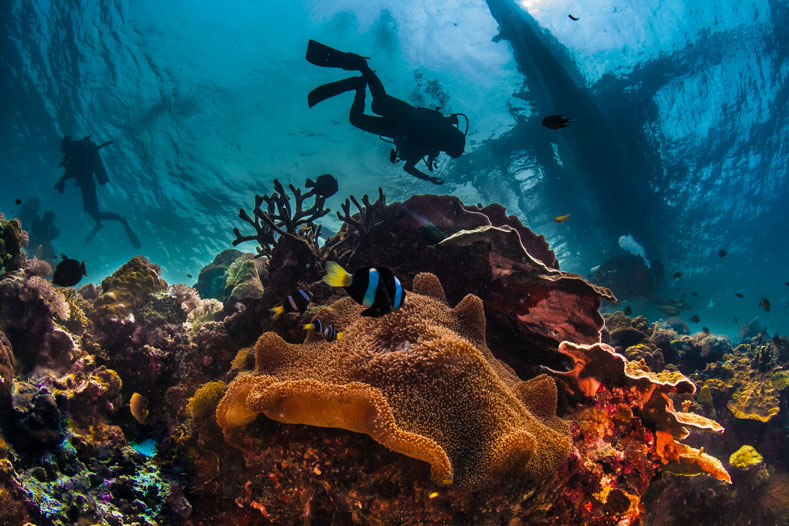
In addition to these efforts, scuba divers can also participate in marine conservation projects focused on artificial reef deployments, marine protected areas, and sustainable fishing practices. The Caribbean coral reef conservation project in Carriacou offers scuba divers the opportunity to participate in coral reef conservation efforts, including reef monitoring and artificial reef deployments.
Scuba diving organizations and clubs are also playing a vital role in marine conservation efforts. The Conservation Diver Certification, for example, demonstrates a scuba diver’s practical experience in marine conservation strategies and scientific diving, making them a strong candidate for roles in these fields. This certification not only recognizes a diver’s skills and knowledge but also inspires a lifelong commitment to marine protection.
Education and Awareness
Education and awareness are critical components of ocean conservation efforts. By educating individuals about the importance of ocean conservation and the impact of human activities on marine ecosystems, we can inspire a sense of responsibility and encourage behavioral change. Scuba diving-related educational programs and campaigns play a vital role in promoting ocean conservation and engaging individuals in these efforts.
Ocean literacy is a key aspect of education and awareness in ocean conservation. According to UNESCO’s Intergovernmental Oceanographic Commission, ocean literacy includes six aspects: awareness, knowledge, attitudes, communication, behavior, and activism. These aspects influence how people and society interact with the ocean. The Canadian Ocean Literacy Coalition has developed an ocean literacy toolkit to help address the global ocean crisis.
Scuba diving organizations and clubs are also involved in educational initiatives that promote ocean conservation. For example, the Osparito program is a participatory science program for schools that enables children to contribute to scientific knowledge and lobbying activities. Since its inception, the program has engaged over 82 groups, including school classes and leisure centers.
Other educational initiatives include teaching the next generation about the importance of ocean conservation. By equipping young minds with knowledge, empathy, and a sense of responsibility, we can foster a generation of ocean advocates who will actively contribute to the preservation and protection of our precious marine ecosystems.
In addition to these initiatives, scuba diving-related educational programs and campaigns can also promote ocean conservation. Educational programs that focus on the impact of marine debris on marine life can inspire individuals to participate in beach cleanups and adopt sustainable practices.
Similarly, campaigns that raise awareness about the importance of coral reef conservation can encourage individuals to support conservation efforts and make sustainable choices.
The Safety Stop
Scuba divers are playing a vital role in ocean conservation efforts.
Through beach cleanups, citizen science projects, marine conservation efforts, and education and awareness initiatives, scuba divers are making a tangible impact on the health of our oceans and marine ecosystems. By participating in these efforts, scuba divers can contribute to a sustainable future for our oceans and inspire others to join the cause.
As we move forward, it is essential that we continue to promote ocean conservation and encourage individuals to get involved in these efforts.
Together, we can make a difference and protect our oceans for future generations.

